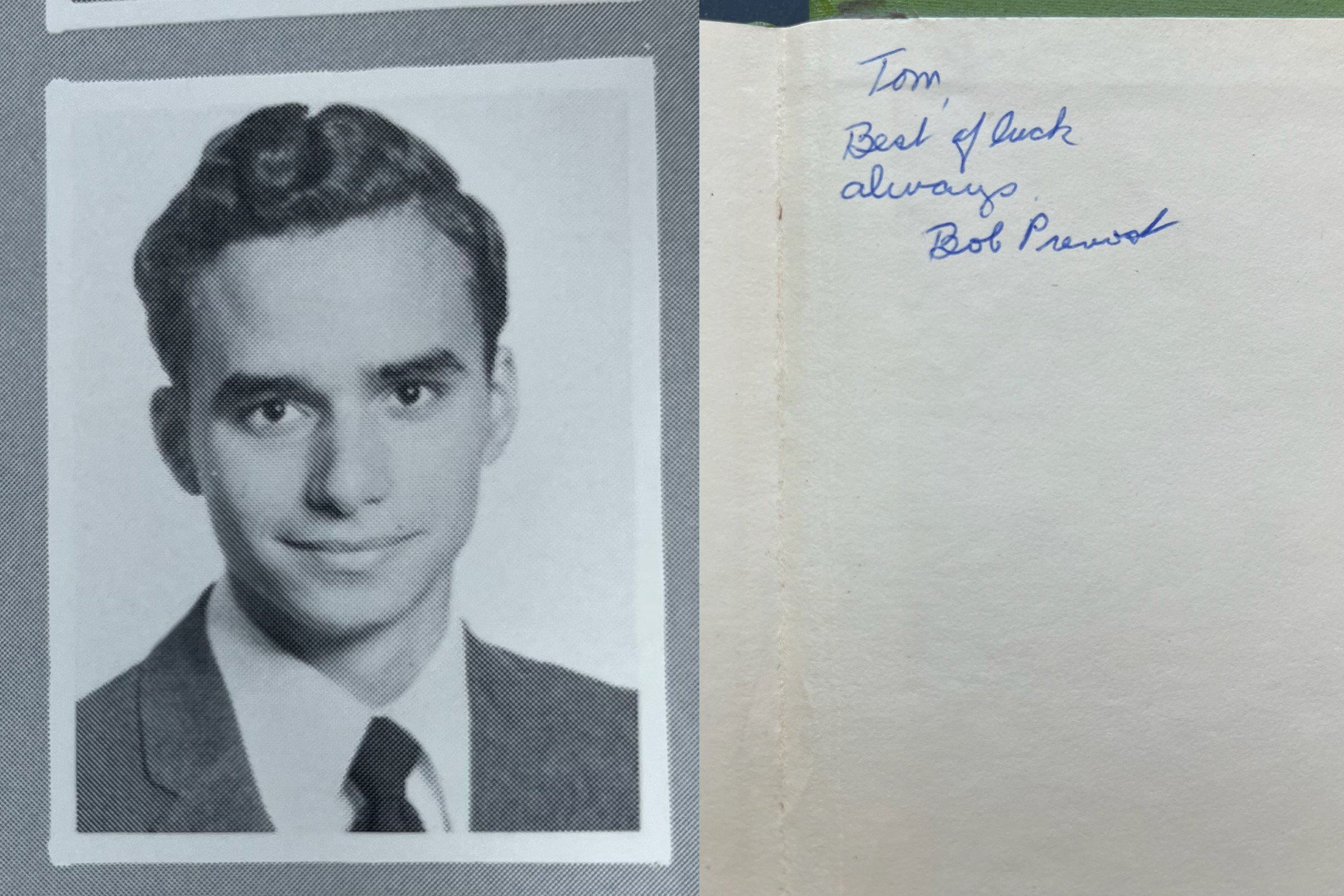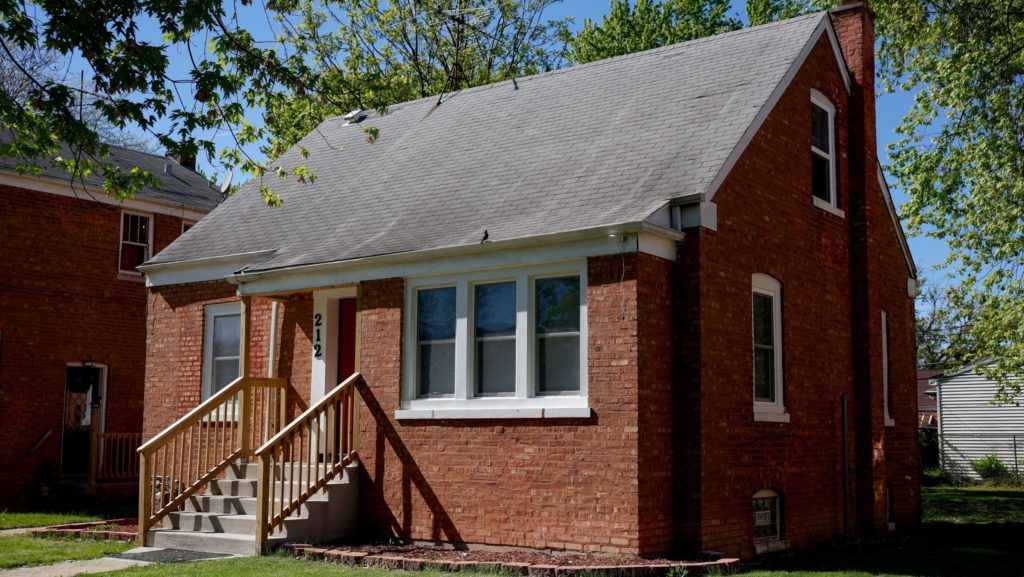For months, the Chicago suburb of Dolton, a small community that skims the City of Chicago’s far southeast border, had been in the local news. Its flamboyant mayor, Tiffany Henyard, is under federal investigation for fraud, corruption, while living the high life — like taking first-class trips to Las Vegas using taxpayer money — on the backs of struggling residents. Dolton is currently a community crippled by exorbitant property taxes and shuttered businesses and factories. The median household income is just $25,000 per year.
At the same time, Dolton’s public school superintendent was exposed for raking in a $480,000 a year salary in a school district where only 7% of students are proficient in math, and 80% of children cannot read at grade level.
In other words, “Dolton” had become synonymous with failure, crime, hopelessness, and despair, a source of embarrassment, and the butt of jokes.
Until May 8, that is, when at 12:12 p.m., Chicago time, Dolton’s very own Robert Francis Prevost was announced as the 266th successor to St. Peter.
Now Pope Leo XIV, Prevost grew up there in a typical three-bedroom, two-bath brick Cape Cod-style home at 212 E. 141st Place. He is a lifelong Chicago White Sox fan, a team known for its grit and perseverance, but mostly for its working-class, down-to-earth fan base. Images circulated on social media show then-Father Prevost attending Game 1 of the 2005 White Sox World Series — by himself, clad in a black jacket and a Sox jersey. (President Barack Obama himself attended that same game.)
Pope Leo XIV made the broadcast while at Game 1 of the 2005 World Series
— Joe Binder (@JoeBinder) May 9, 2025
The Holy Father’s parents, Louis and Mildred, were their home’s first owners, purchasing it new in 1949, and paying a $42 a month mortgage.
In the 1950s right up through the late ’70s, the steel mills of Chicago, like U.S. Steel’s massive South Works plant, along with other related industries, including brick making and aluminum and container factories, kept the area’s factories filled with workers and fueled with hope.
At its zenith, South Works employed almost 20,000 people, providing families with a steady paycheck and a solid chance at the American dream. “You either worked for the steel mills or you worked for other companies that had business with the mills,” one long-time resident told WBEZ, the local NPR station, in 2018, “These were good- paying jobs. You basically didn’t even need a high school education. You could go to those good mills and make a good living.”
The middle- and working-class families then poured into Dolton from the two- and three-flat apartment buildings in the city and brought with them their Catholic faith. A large swath of Irish and Irish-American families, along with second-generation Polish, German, and Italian Americans, contributed to the dense population of Catholic residents.
Just a few blocks from the border between Dolton and the city limits is the now-closed parish and school of Chicago’s St. Mary of the Assumption Church, where Pope Leo XIV attended elementary school, walking the four blocks or so each day.
Classroom sizes were as large as 50; women religious served parishes with so many families that they seemed to be bursting at the seams. The Holy Father’s family was a fixture at the Sunday 9:15 a.m. Mass; his mother, Millie, was the president of the parish Altar and Rosary Society.
Even then, Robert Prevost impressed his family, friends, neighbors, and teachers with two things: his intellect and his piety. His brother John told “Good Morning America’s” George Stephanopoulos that “Rob,” as his family called him, was not only an altar boy, but often used their mother’s ironing board and a sheet to set up an altar to “play Mass,” using candy Necco wafers as ersatz Communion hosts.

Rob’s two older brothers, Louis Martin and John Joseph, went from St. Mary’s to Mendel High School, named for Augustinian monk Gregor Mendel (the father of genetics) and run by the Augustinian fathers. Millie worked as Mendel’s librarian.
The future pope was also smart: “Back in the day, they used to seat us by our classroom performance, so he always sat in the No. 1 seat, which was in the first row in the back,” one of his classmates told the Chicago Sun-Times. But Rob felt the call to the priesthood even then, and instead of following his brothers to Mendel, he instead chose to attend the Augustinian’s high school seminary program in Holland, Michigan. He then continued his formation in the Augustinian order by enrolling at Villanova University in Pennsylvania, where he majored in math.
Enrolling at Villanova University allowed him to continue his formation with the Augustinians while obtaining his bachelor’s degree. After his graduation in 1977, he formally entered the novitiate, and the following year made his first vows. He took solemn vows in 1981 and was ordained to the priesthood in 1982 at the Augustinian College of Santa Monica.
Back in Dolton, the neighborhood began to change. The steel mills and factories were closing. The racial composition shifted dramatically; U.S. Census data show Dolton went from having 42 Black residents in 1970 to 14,000 by 1990. Today, Dolton is 91% African American with a smattering of white and Hispanic residents. Most of the new residents of Dolton were not Catholic; St. Mary of the Assumption closed, followed by the school. Mendel High School followed suit, graduating its last class in 1988.
Until recently, the pope’s childhood home had fallen into disrepair, and become a den for drug dealing. Next door neighbor Donna Davis began blasting praise and worship music and praying that God would bring peace to the once family-friendly block. Her perseverance paid off; the house was purchased, renovated, and is now being sold at auction.
Meet Donna, who lives next door to Pope Leo XIV's childhood home in Dolton, IL. She says the home was recently a hub of drug dealing, but she prayed that God would bring peace. A Catholic, she's playing worship music from her house and using all the attention to share the Gospel. pic.twitter.com/OSQnKxiYek
— Jonathan Liedl (@JLLiedl) May 9, 2025
Reporters from around the world and pilgrims, some driving for hours, visit daily. Local residents are thrilled that media attention is now positive, its former mayor overshadowed by the new bishop of Rome.
A new day dawns for Dolton, and for the Church.

